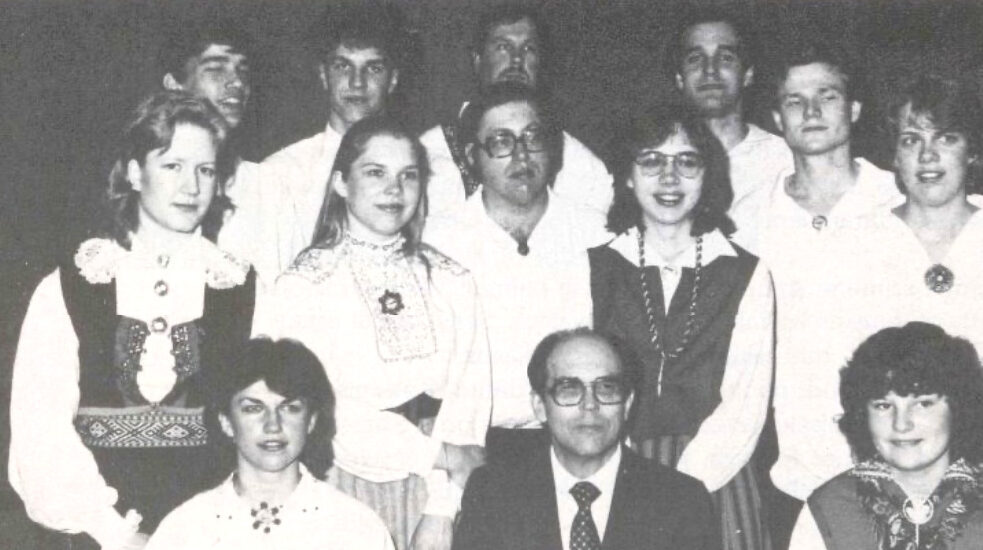The book starts off quoting a 1996 Canadian Security Intelligence Service (CSIS) well researched study that Canada looses between $10 – $12 billion every year to economic and industrial espionage. That is about one billion dollars a month. In the United States, based on an American Society for Industrial Security (ASIS) study, the monthly loss to corporate spying is $24 billion. With the US being ten times larger, Canada is losing cutting edge technology five times faster than the US.
Canada is a country with perhaps the highest level of spy activity yet, nobody has ever been charged for espionage in Canada.
“The widespread belief that espionage ended when the Cold War ended is unfortunately not true. The fact is, we have moved military to an economic confrontation. In recent years, Russia and China have doubled, and some cases tripled, their efforts in the field of espionage.”
“Canada has become the home away from home for the world's spies mainly because it is a knowledge-based society. Some of the world's leading research facilities are located here and we operate at the sharp edge of technology in almost all domains. This is especially true of aeronautics, mining, oil and gas, communications, information processing, aerospace, medical and pharmaceutical research – in all more than fifteen fields of interest to competing nations.”
“Canadian laws are flabbily written and poorly enforced (if at all)”
“The multicultural mosaic of which Canadians are so proud of, hides the spy in their midst.”
“The economics of espionage is that it is cheaper to steal a new product, than to develop it.”
“With the emergence of terrorism, a conservative guess is that only 30% of Canadian counterintelligence (CSIS has approximately 3,000 members) is devoted to investigating the activities of Russia and China. Canadian authorities are often outnumbered.”
There will be more written as excerpts from this book, so much for now.
Adu Raudkivi




